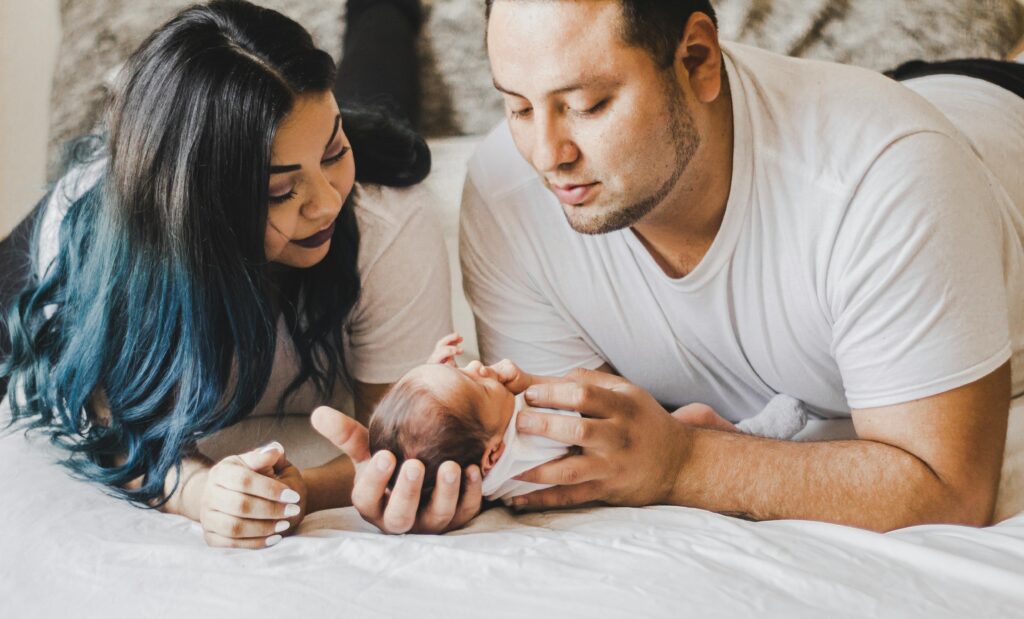Night sleep is an important aspect of a child’s First stage of development, And it’s a topic that Lives in new parents’ minds. One common question asked is, when do babies sleep through the night While every baby is unique and may develop at their own pace, there are some general patterns to consider.

When Do Babies Sleep Through the Night
During the starting few months of life, it’s typical for small babies to wake in the morning and frequently during the night for feedings and comfort.
Newborns have small stomachs and need frequent feedings to sustain their growth and development.
Additionally, their sleep cycles are shorter, meaning they spend more time in light stages of sleep, which makes them more prone to waking up.
Around 6 to 8 months, many babies begin to consolidate their sleep and may begin to sleep longer at night.
This is often referred to as “sleeping through the night”, although it is important to note that this can be different from baby to baby.
Some babies may achieve this milestone earlier, while others may take longer.

Factors such as feeding habits, temperament, environment, and parental routine can influence a child’s sleep patterns.
Breastfed babies may need to eat more frequently than formula-fed babies, as breast milk is digested more quickly.
Additionally, babies who are used to rocking or falling asleep while being rocked may struggle to self-soothe and wake more often during the night.
Establishing a consistent bedtime routine can help signal to your child that it’s time to sleep.
These may include activities such as a warm bath, gentle massage, reading a bedtime story, or singing a lullaby.
Creating a calm and pleasant atmosphere in the nursery with dim lighting and white noise can also promote good sleep.

While some babies can start sleeping through the night around 3-6 months of age, it’s important to remember that sleep patterns can be unpredictable and change over time.
It is common for children to experience regressions in their sleep, especially during developmental milestones or teething periods.
If you have concerns about your child’s sleep patterns, it’s always a good idea to consult with your pediatrician. They can provide guidance and support to help ensure that both you and your baby are getting the rest they need for optimal health and well-being.


